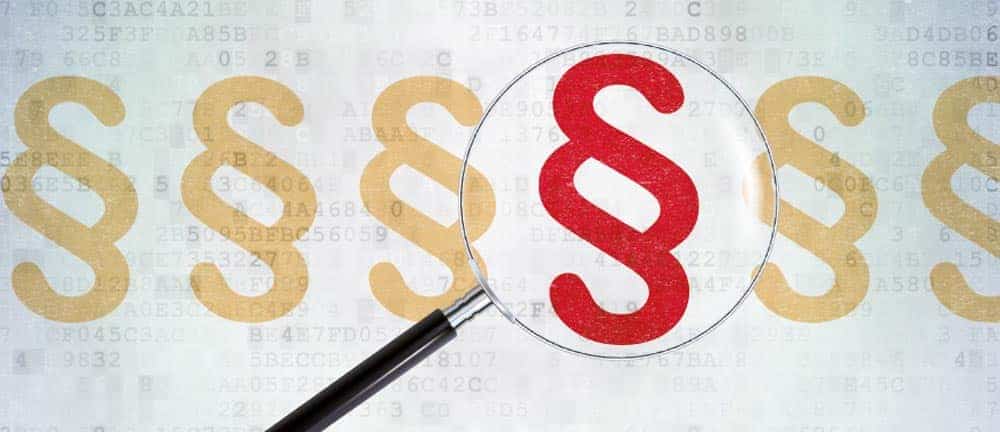Are SAP customers now paying the piper?


Turnaround through sales pressure and tricks?
SAP is the most successful European software manufacturer. But the company is facing major challenges - and posing problems for its customers. SAP customers are moving into the cloud too late, too slowly, and almost only through acquisitions: Turnaround through sales pressure and tricks?
At the beginning of the year, it was announced that SAP's sales department is placing its absolute focus on the topic of the cloud and that commission for sales of the proven SAP on-premises products is decreasing. And yet, seven years after the release of S/4, the majority of customers are still working with the old and proven ERP systems, and the license conversion to the new software generation is still pending in most cases. In our experience, the focus of sales on the cloud is increasingly leading to customers signing cloud contracts that are not actually needed - and often never used later - just to obtain halfway acceptable conditions for their on-prem licenses. This brings SAP closer to its cloud goals, both formally and financially - even though in some cases this is nothing more than a Potemkin village.
Moreover, at the end of July it became known that SAP intends to introduce an automatic annual price increase of 3.3 percent for cloud - that adds up to around 18 percent for the usual five-year contracts. The economic downturn caused by the consequences of the Ukraine war and the Corona pandemic further exacerbates SAP's problems.
Nevertheless, SAP is celebrating its 50th birthday in a big way: more than twenty times and very prominently also at the end of July in the SAP Arena in Mannheim with invited guests and politicians, including German Chancellor Olaf Scholz and Minister President Winfried Kretschmann, who called for cooperation between politics and the digital economy. Christian Klein, formerly a beacon of hope for many customers and employees, emphasized the move to the cloud, "with which SAP is making a change in strategy".
Winfried Kretschmann, however, knew what guides the majority of SAP customers on this topic anyway: "It's not always easy to convince customers because they're so happy with their SAP systems. The best is the enemy of the good, so SAP has to beat itself, so to speak." However, this is clearly not the case to date.
Thus, SAP customers pay for SAP's anniversary celebrations and expensive problem solving. One of them is audit revenue. During the pandemic, SAP had often dispensed with surveys, especially of its smaller customers. Now it surveys and audits more often - and not infrequently with hardball. Key areas of focus: "misuse" of the Hana database, developer licenses, and indirect usage. Another concerns the often more expensive license switch to S/4. Instead of the less expensive option of a product switch to S/4, SAP sales more often pushes customers toward a contract switch, which usually turns out to be at least 11 percent more expensive. The new S/4 products often come with new, less favorable metrics and are significantly more expensive.
In addition, there are additional costs for the mandatory Hana database. Until now, SAP customers have been able to use databases from various manufacturers and often license them more cheaply. Now, with the compulsion to use the Hana database, not only does the cost block grow by 15 percent in most cases, but also the dependency of the customers. With the complete package Rise with SAP, SAP offers a new form of cloud transformation. However, investments made in on-prem software are not taken into account. The subscription model forces SAP customers into permanent dependency and creates permanent revenue for SAP.
Some customers currently almost feel reminded of the bad times under Léo Apotheker, when SAP massively and brazenly wanted their customers' money. The protest of customers and employees caused his resignation - the lost trust of customers had to be regained laboriously over many years, the old status was never reached again. We will see what happens next with Christian Klein and with SAP.






